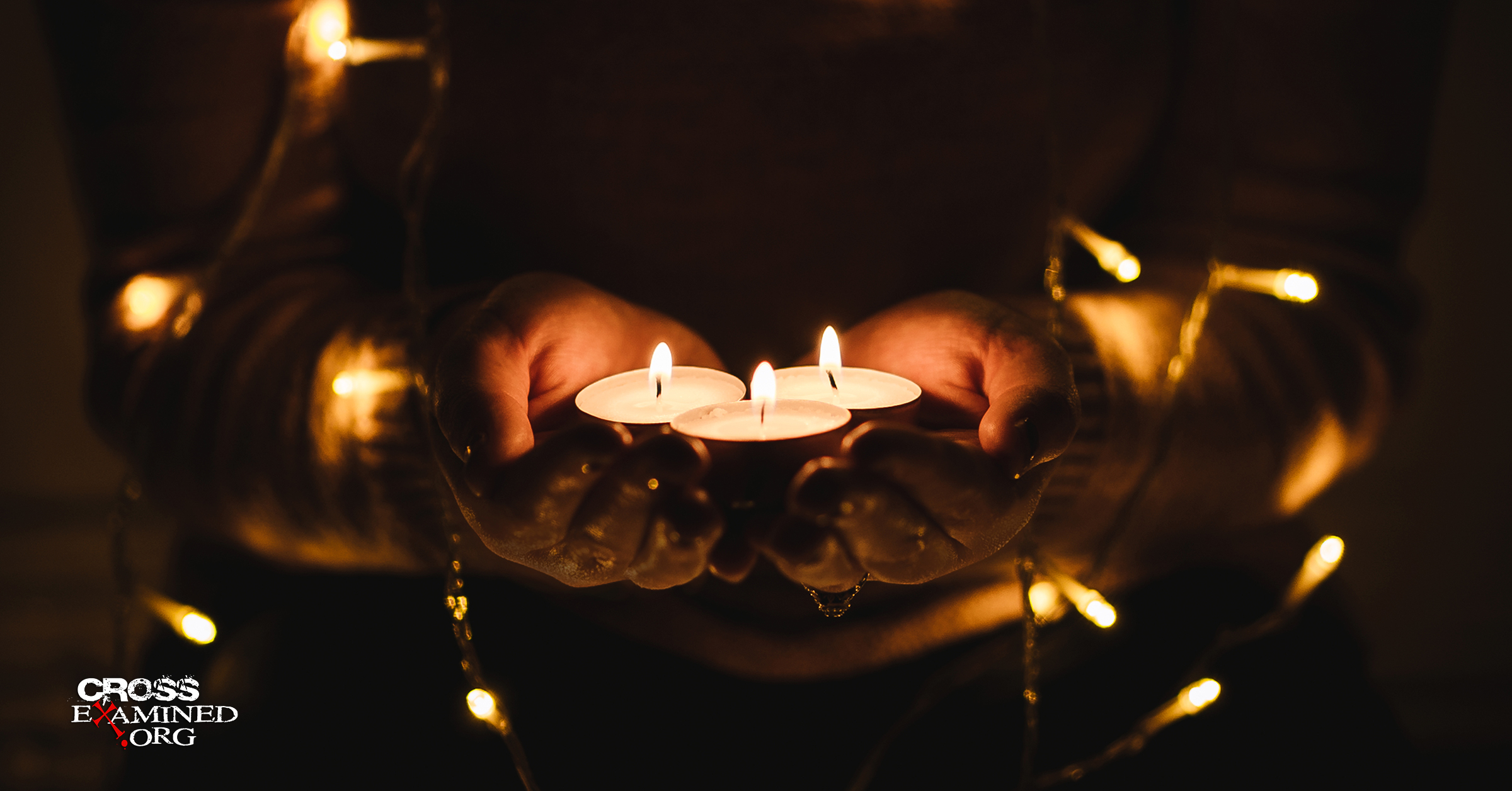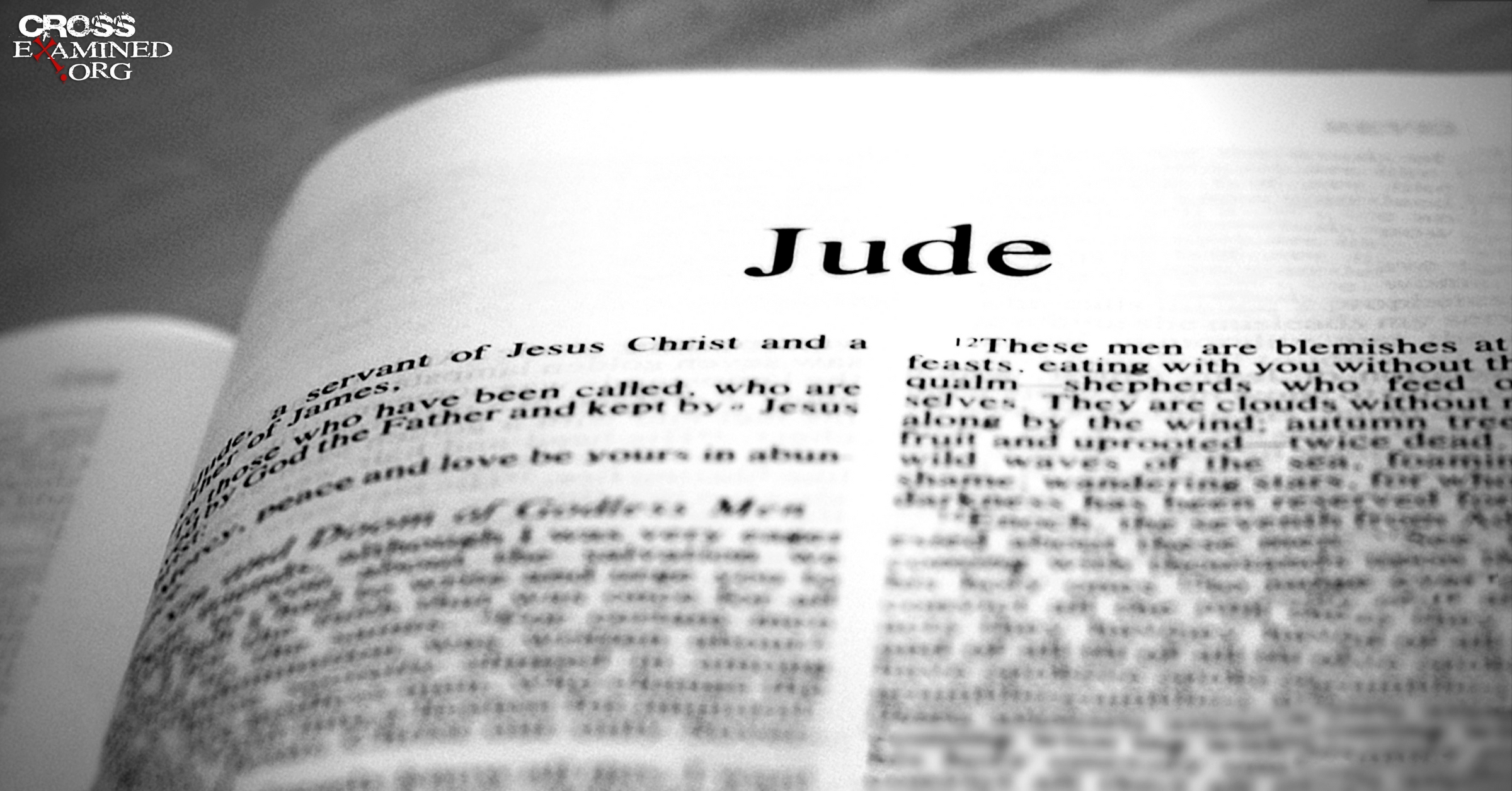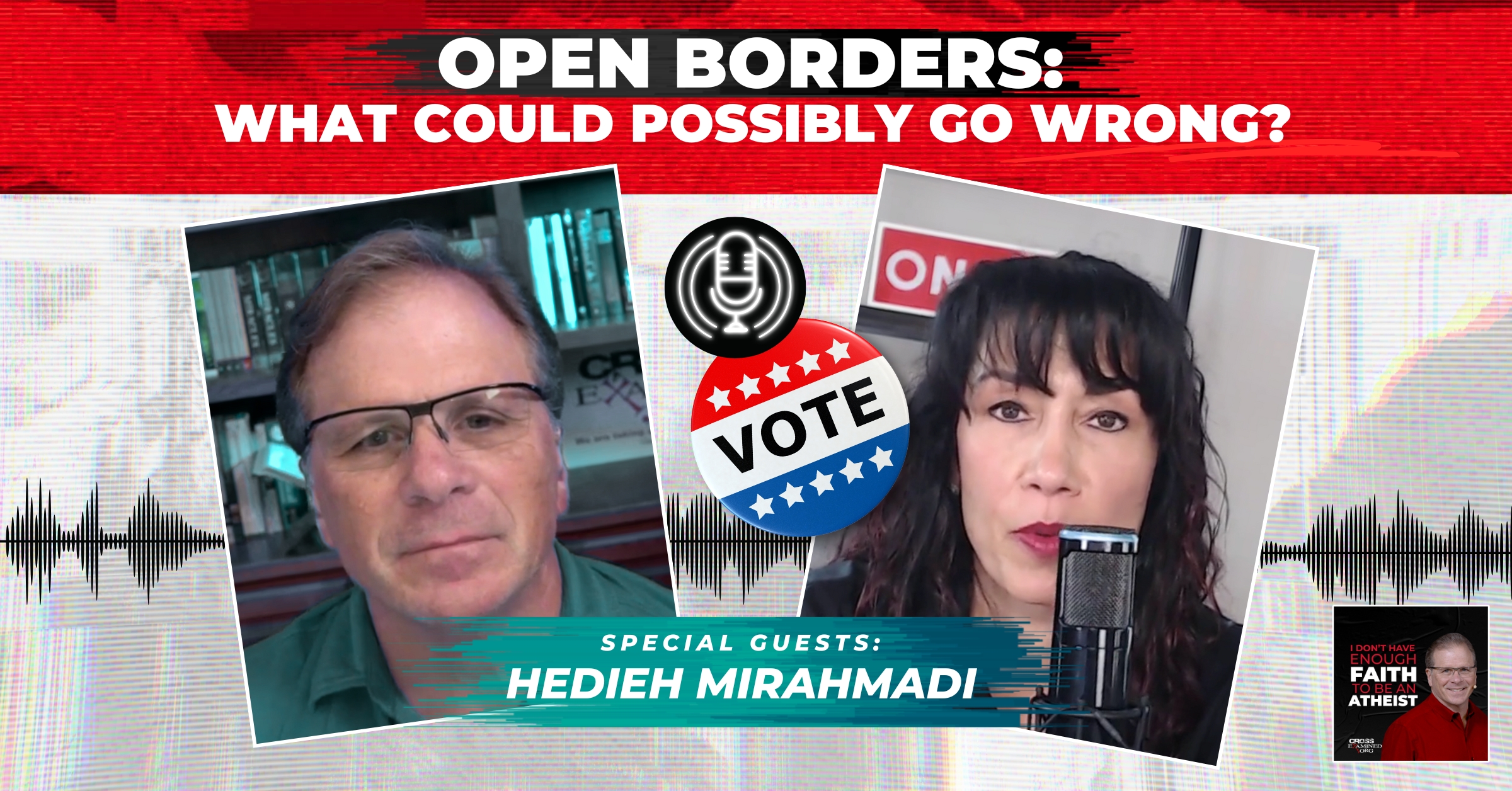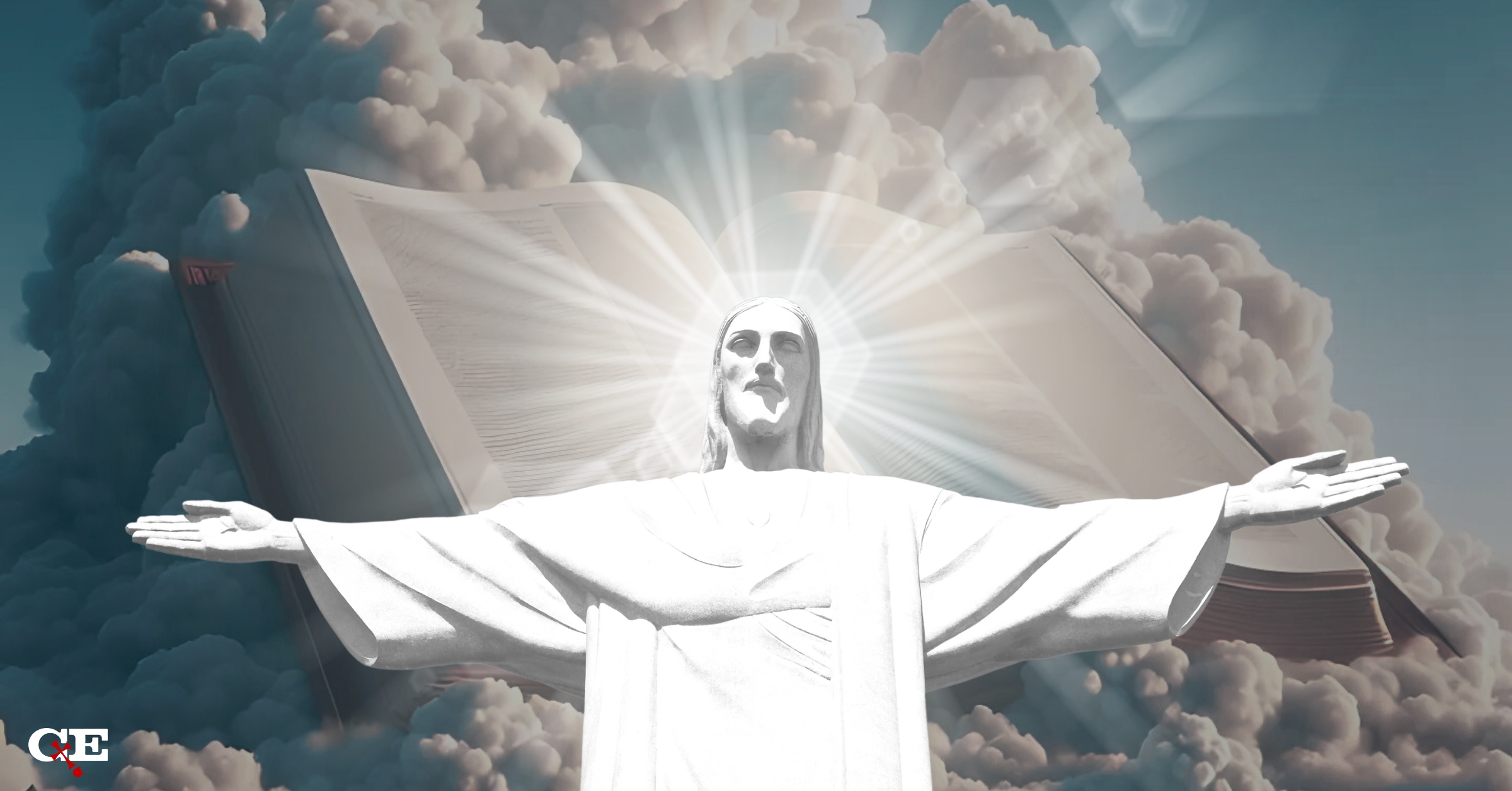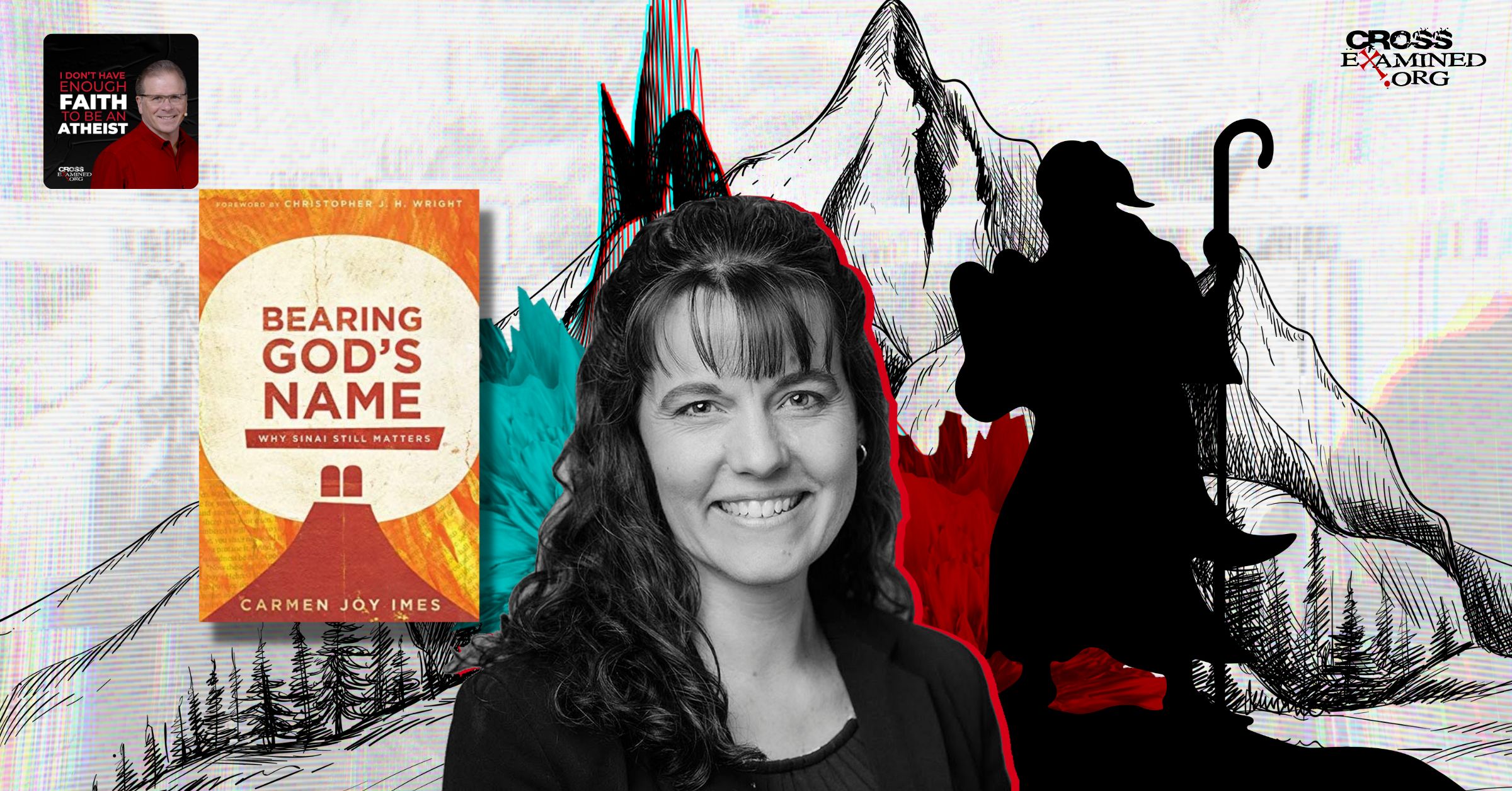A Reflection on Giving Thanks
By Al Serrato
Several years ago, I had the privilege of meeting a World War II fighter pilot. Then in his late 80’s, in 1944 he took part in a key battle of the war in the Pacific, a last-ditch effort by the Japanese to repel the American reoccupation of the Philippine Islands. Known as the Battle of Leyte Gulf, it pitted the last remnants of Japanese naval power against a vastly inferior American force, left behind to oversee the American landings while the bulk of American striking power had gone off in search of the enemy. The men who fought that day, on ships and in the air, exhibited much gallantry in facing a determined enemy. Though time had ravaged this man’s body, his mind remained sharp, and before long he was recalling details of that October day those many years ago. As our conversation came to a close, I took a moment to express my thanks for what he did during the war. I thanked him for his service and his courage, and for the opportunity it provided me to live in a more stable and peaceful world.
As I reflected on this later, I realized that his actions in upholding freedom in a war-torn world did not actually involve me. He had done nothing directly for me; I was not yet even born. But I knew that if men and women like him had not risked their lives, and been willing to sacrifice all, I might not ever have been. They had earned my thanks. They, in turn, had people who had come before them, who had done things for them, and to whom heartfelt gratitude would be appropriate. Tracing backward in time, I saw for a moment an endless stream of thanksgiving moving back through the recesses of time to a beginning trapped forever in the mists of forgotten memory.
In that moment, I also saw that my gratitude was personal. It was directed at living, breathing human beings. I did not give thanks to machinery, to the steel that cocooned the pilot in the cockpit of his plane, or to the chemistry that allowed the fuel mixture to propel it forward. Nor did I thank the instruments that provided feedback to him or the gunpowder that charged his weapons. My thanks, appropriately, were directed at people – the ones who forged the steel, who had teased out the secrets of chemistry, who had built the machines and weapons that he used. My gratitude related not to the thing, but to the intelligent source that lay behind it. To a person.
What, I wondered, lies at the beginning of this seemingly endless chain? If gratitude is owed to a person, to whom did the first man and woman, or the first group of humans, give thanks? Evolution? An undirected process that did not have them in mind? And if much of what we are thankful for exists in nature – as part and parcel of the good Earth and all that is on it – to whom does this thanks belong? Giving thanks to inanimate objects is nonsensical, yet the desire to express thanks is universal. We all do it, regardless of to what time or place or culture we belong. I saw in that moment that the whole idea of gratitude, the innate desire to give thanks, presupposes an ultimate source to whom this gratitude is owed.
While the atheist too can give thanks to people who preceded him, how can he make sense of the beginning of this chain of personal thanks? With no one there who created the Earth with all its bounty and splendor, what point is there for gratitude? The Christian worldview, by contrast, does make sense of this. It is right and fitting that we express thanks to those who came before us, for their effort and toil paved the way for the good we now experience. But that chain of causation, the progression of events for which we are thankful, does not begin a month, a year or a even century ago; it continues to a beginning point, and to a source who was both all powerful and yet quite personal.
In the last analysis, it is God – a person – whom we thank for all that is good. Whether he acts directly, or through the things and people he created, it makes sense to express our gratitude to him. And what better time to begin than on this weekend set aside to remember… and to give thanks.
Recommended resources related to the topic:
Jesus, You and the Essentials of Christianity by Frank Turek (INSTRUCTOR Study Guide), (STUDENT Study Guide), and (DVD)
I Don’t Have Enough Faith to Be an Atheist (Paperback), and (Sermon) by Norman Geisler and Frank Turek
_____________________________________________________________________________________________________________________________________________________
Al Serrato earned his law degree from the University of California at Berkeley in 1985. He began his career as an FBI special agent before becoming a prosecutor in California, where he worked for 33 years. An introduction to CS Lewis’ works sparked his interest in Apologetics, which he has pursued for the past three decades. He got his start writing Apologetics with J. Warner Wallace and Pleaseconvinceme.com

